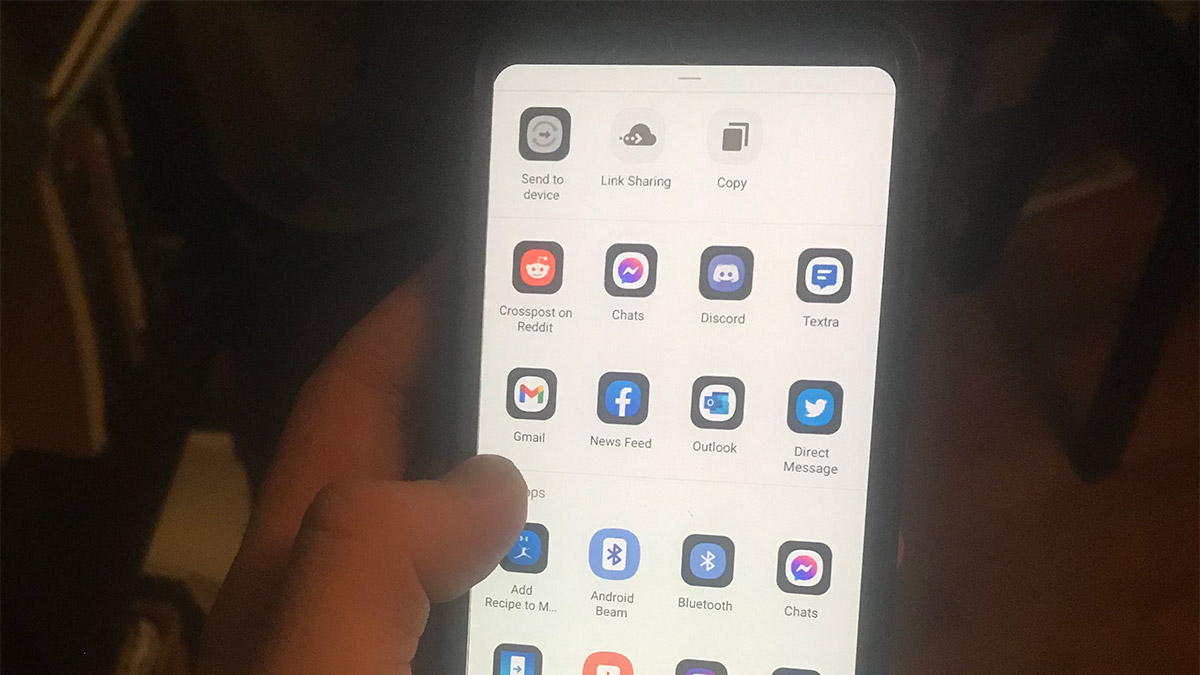Electronic media have been a lifeline for many workers and students through the COVID-19 pandemic but the increasing reliance on devices has many parents asking ‘how much is too much?’
In a recent study from the Chicago Children’s Hospital, 63 per cent of parents reported their teens were using social media platforms more than usual during the pandemic.
Kim Highland, a mother of three from Brampton, ON, has many concerns leaving her children unmonitored during months of online schooling.
“As a parent, you don't know who your kids are communicating with,” she said. “I would say they spend a good 12 hours a day on devices, and it’s addictive.”
According to the Mayo Clinic, studies have found that while social media may help young people connect with others in a positive way and find support, it can also have a distracting effect, disrupt sleep and expose them to bullying.
Highland's second child, 17-year-old Alexis, said that she has been learning to use social media a little bit more consciously throughout high school but adds that she is aware of some of the possible effects.
“I don't follow negative pages on social media, I only follow pages that make me laugh,” said the Grade 12 student.
But she admits that the constant flow of news feeds has changed her habits.
“I have a need to make sure I am up to date with everything before I feel satisfied to go to sleep,” she said.
Putting devices away
She is not the only one having trouble putting her device away.
“Social media is addictive because it is designed to be addictive," said University of Ottawa education professor Michelle Schira Hagerman, pointing to an economic model that is premised on more and more engagement.
But Hagerman also notes that not all kinds of screen time are equal.
“There are different kinds of screen time. And if we are concerned about mental health, then it is important to recognize that some kinds of screen time can, in fact, support a range of social and emotional needs," she said. "Fundamentally, humans are social creatures. We need to feel connected to friends, family and community. Social media connects us to others and that is extremely powerful."
University of Toronto master's student Emily Crocker found herself giving in to these social media apps more as her studies shifted online, attesting to their pros and cons.
“Personally, I struggle with limiting my social media screen time. Pre-pandemic I was using the screen time function on my phone to limit the amount of time I was on social media, but then once the pandemic hit, I got rid of that because there wasn’t much to do otherwise,” she said.
Crocker offers the familiar advice of moderation to fellow young people, saying, “It’s useful, but depending on who you follow, you can be left feeling like you need to work harder, do better, look better, [but this is] based on these people who are only presenting you the best sides of themselves.”




